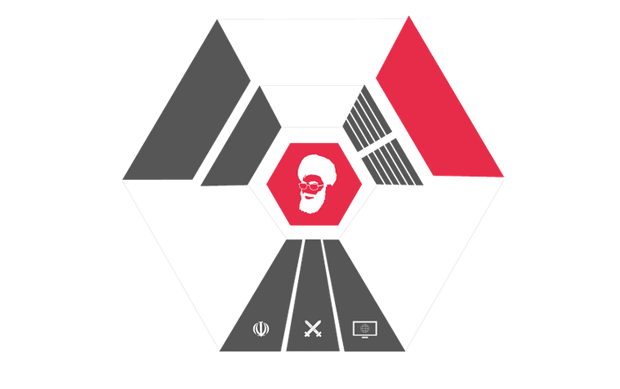Index relies entirely on the support of donors and readers to do its work.
Help us keep amplifying censored voices today.
Tuesday’s ruling from the Court of Justice of the European Union (CJEU) said that internet search engine operators must remove links to articles found to be outdated or irrelevant at the request of individuals. Index on Censorship’s CEO Jodie Ginsberg joined Max Mosley on Channel 4 News to debate why the ruling could lead to further censorship and the re-writing of history.
Index on Censorship, in association with Doughty Street Chambers, invites you to attend our high-level panel discussion asking who runs the internet?
At a moment when the revelations on NSA and GCHQ mass surveillance are opening up a wide debate about our digital freedoms, our panel will discuss how free the net is today, and the main challenges that lie ahead. In the next couple of years, major international summits will debate new rules on internet governance, and whether to adopt a top-down approach as favoured by China and Russia, or maintain a more open, multistakeholder networked approach. Meanwhile, from the EU to Brazil, reactions to the Snowden’s revelations of mass snooping suggest there is a growing risk of fragmentation of the internet, with calls for forced local hosting of data.
We are delighted to be hosting speakers:
Bill Echikson – Head of Free Expression EMEA, Google
Richard Allan – Head of Europe, Middle East and Africa, Facebook
Tusha Mittal – formerly a correspondent for Tehelka and currently a Fellow at the Reuters Institute, Oxford University
Kirsty Hughes – CEO, Index on Censorship
The panel will make short introductory remarks ensuring plenty of time for a lively Q&A session.
The event will be held at Doughty Street Chambers (53-54 Doughty St, London WC1N 2LS) on Wednesday 2nd April 6-7.30pm, followed by a drinks reception. To RSVP please fill in your details here. If you have any questions please contact Fiona Bradley ([email protected]).

A new report by Small Media sheds light on the Arzeshi, a hardline, conservative faction of online activists in Iran.
The idea of blogging and social media in Iran was once likely to invoke images of the 2009 Green Movement, where these platforms played a part in regular people standing up to a repressive, conservative regime, calling for reforms and demanding civil liberties. These days, it may be more linked with the country’s political elites, who really seem to have taken to communicating through Twitter and Facebook — sites now blocked for most of the population.
But while it was perhaps always expected that tech-savvy, reformist activists would find ways around the social media censorship, it may come as a surprise that some of Iran’s most conservative do the same.
A new report by Small Media sheds light on the Arzeshi, a hardline, conservative faction of online activists, devoted to the principles of the 1979 revolution and the supreme leader. The report found that the Arzeshi work around online restrictions, appearing on banned sites. In particular, the report looks at blogs and Google+, and analyses the activity of 75 Arzeshi accounts on Twitter — a site that, bar a technical glitch last September, has been blocked in Iran since 2009.
However, while the government claims to have a huge number of online supporters, the report tells a different story. Far from being an active, viral network, “the vast majority” of Arzeshi sites “were poorly-connected, hardly-read, and contained unoriginal content pasted from other sites.”
James Marchant, Small Media’s Research Manager, said: “This report is the first piece of in-depth research to illustrate the reality of Iran’s secretive community of online conservative activists. It shows that contrary to all government claims, the Arzeshi community is actually very fragmented and inward-looking – it is a long way from the energetic activist army touted by senior Iranian officials.”
This article was originally published on 6 February 2014 at indexoncensorship.org
In a defeat for Google, a French court has ordered the search engine to pre-filter nine images of former Formula One chief Max Mosley, the company said today. Mosley was also awarded €1 in damages.
“In a troubling ruling, a French court held today that Google must build a filter to remove nine of Mr Mosley’s images from our search results. This decision should worry those who champion the cause of freedom of expression on the Internet. Our existing removal process represents an effective way of helping Mr. Mosley,” Daphne Keller, Associate General Counsel, said in a statement.
The company said in a blog post that the case was not just about Google.
Any start-up could face the same daunting and expensive obligation to build new censorship tools — despite the harm to users’ fundamental rights and the ineffectiveness of such measures.